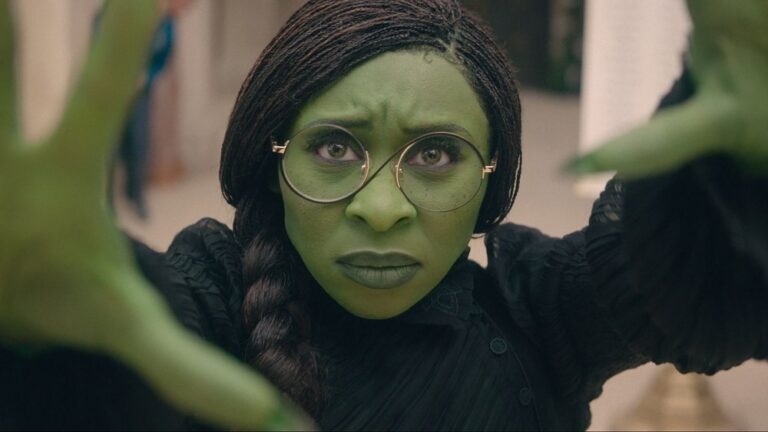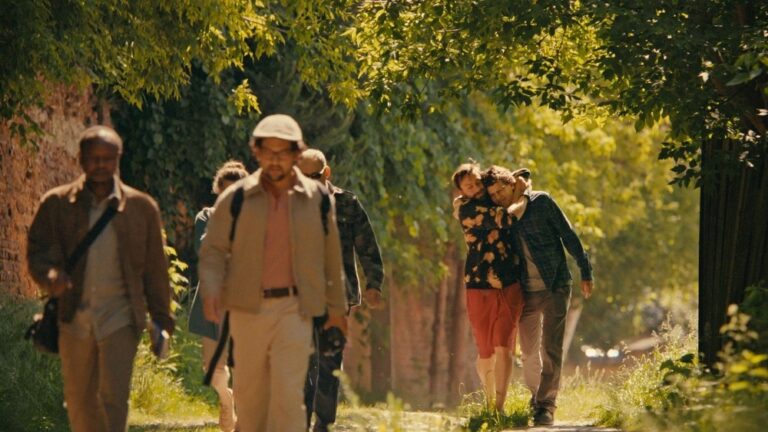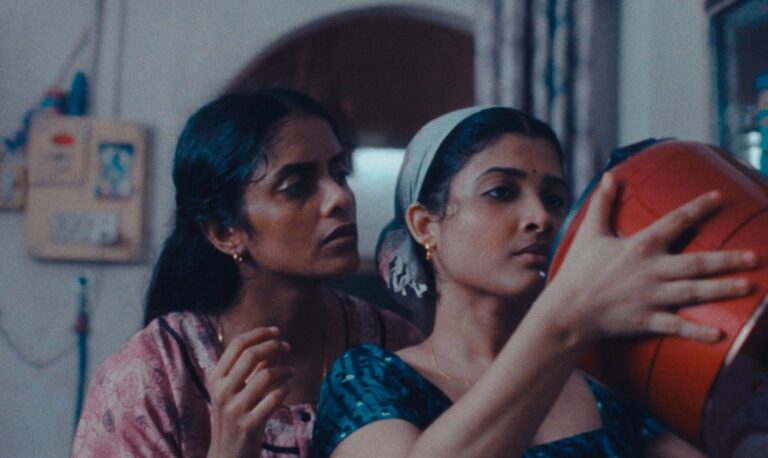Every couple of weeks, the OFCS polls its members with a question related to movies. It can be serious or amusing, but each member is given the opportunity to submit a short response to the question, which we will then post on Thursday mornings. Here is this week’s query.
Essay Question #15:
Consider the entire output of a director, from their first film to their last — whose body of work would be the most rewarding?
Question Submitted by: Paulo Peralta @ Movie Habit
Responses
Robert Cashill @ Popdose
It’s tempting to say Charles Laughton (THE NIGHT OF THE HUNTER) or Leonard Kastle (THE HONEYMOON KILLERS), who made one great film apiece. But instead I’ll respond with an old master, John Ford, who over a long career had his share of misses, but so many classical hits–and even the last films, CHEYENNE AUTUMN and SEVEN WOMEN, are being reevaluated. Among contemporary directors I think Martin Scorsese is crafting a distinguished body of work.
John Gilpatrick @ JohnLikesMovies.com
When tackling one director’s entire filmography, I’m looking for two things: variety and auteurship. That’s why I have to offer the horribly unoriginal answer of Stanley Kubrick.
Kubrick’s films are very easily identifiable. He’s a visionary director who tackles enormous themes in similar ways but in wholly different settings and situations. I mean, the guy ended his career with Barry Lyndon, The Shining, Full Metal Jacket, and Eyes Wide Shut — four masterpieces that are set in wildly different times and places but yet feel very connected thematically. It’s a terrifically rewarding exercise to see him change (and also stay the same) over the course of his career.
Michael E. Grost @ Classic Film and Television
A basic principle of the auteur theory is that every director should be studied as a whole. You start seeing much more when you compare films, and notice shared subjects, imagery, architecture, composition and camera work. Great directors like Ford, Hitchcock, Welles, Mizoguchi, Varda, Lang and Rossellini benefit from viewing their complete output. There are sometime practical obstacles to seeing certain kinds of films though: it is hard to find many silent films of Allan Dwan and Louis Feuillade, and experimental films by Stan Brakhage and Gregory Markopoulos.
Two neglected directors that benefit from complete views are Joseph H. Lewis and Curtis Harrington. Lewis made over 115 films and television episodes, but most cinephiles only watch Gun Crazy and The Big Combo. He made many masterpieces just as good, such as his Rifleman episodes Duel of Honor, The Deserter and Surveyors. And Curtis Harrington is just plain underrated. Now that his experimental short films are available on DVD, people should just watch them! Both Lewis and Harrington are noted for their great visual style. Their works are full of beautiful images.
Michael E. Grost @ Classic Film and Television
A basic principle of the auteur theory is that every director should be studied as a whole. You start seeing much more when you compare films, and notice shared subjects, imagery, architecture, composition and camera work. Great directors like Ford, Hitchcock, Welles, Mizoguchi, Varda, Minnelli, Lang and Rossellini benefit from viewing their complete output. There are sometimes practical obstacles to seeing certain kinds of films though: it is hard to find many silent films of Allan Dwan and Louis Feuillade, and experimental films by Stan Brakhage and Gregory Markopoulos.
Two neglected directors that benefit from complete views are Joseph H. Lewis and Curtis Harrington. Lewis made over 105 films and television episodes, but most cinephiles only watch Gun Crazy and The Big Combo. He made many masterpieces just as good, such as his Rifleman episodes Duel of Honor, The Deserter and Surveyors. And Curtis Harrington is just plain underrated. Now that his experimental short films are available on DVD, people should just watch them! Both Lewis and Harrington are noted for their great visual style. Their works are full of beautiful images.
Marty Mapes @ Movie Habit
“Consider the entire output of a director, from their first film to their last — whose body of work would be the most rewarding?”
I’m eager to read everyone else’s response, as this is my question.
It started with Federico Fellini. The first time I saw 8½ I didn’t appreciate it, but I understood that it was his “8½th” film. I figured, if I watch his other 7 films, I’ll understand 8½ better. That was indeed the case. Getting to know Fellini made all of his films “fit” into the same humanistic, creative, neurotic world that I came to understand as “Felliniesque.”
Since then I’ve watched the work of other directors in chronological order and the most rewarding have been Alfred Hitchcock and Yasujiro Ozu. The least rewarding was probably Francois Truffaut.
Pat Mullen @ Cinemablographer
Billy Wilder. Double Indemnity is my favourite film–a shrewd, masterful adaptation with dark humour and subversive style. He showed so much range in his work, from The Lost Weekend to Sunset Blvd. to Sabrina to Some Like it Hot to The Apartment and then some.
(Close second: Mike Nichols – you have to hand it to a director who started out with Who’s Afraid of Virginia Woolf? and The Graduate and finished his career with Angels in America, Closer, and the enjoyable Charlie Wilson’s War.)
Jerry Roberts @ Armchair Cinema
Every director has a blight on their filmography, sooner or later even the most successful director will give in to hubris and out will come their equivalent of “1941.” From bottom to top, Robert Zemekis has rarely stumbled. Though some have their opinions about his early work like “I Wanna Hold Your Hand”, “Used Cars,” and the “Back to the Future” sequels; in a 40 year career Zemekis’ has, in my opinion only stumpled once with the 2000 thriller misfire “What Lies Beneath.”
Gregory J. Smalley @ 366 Weird Movies
This question is surprisingly easy to answer: Stanley Kubrick. Although there may be a select few directors who approach Kubrick in total number of masterpieces made (Kurosawa, perhaps), no one has made as many great films in such a wide range of genres—film noir, war, Roman epics, comedy, science fiction, horror, costume drama.



